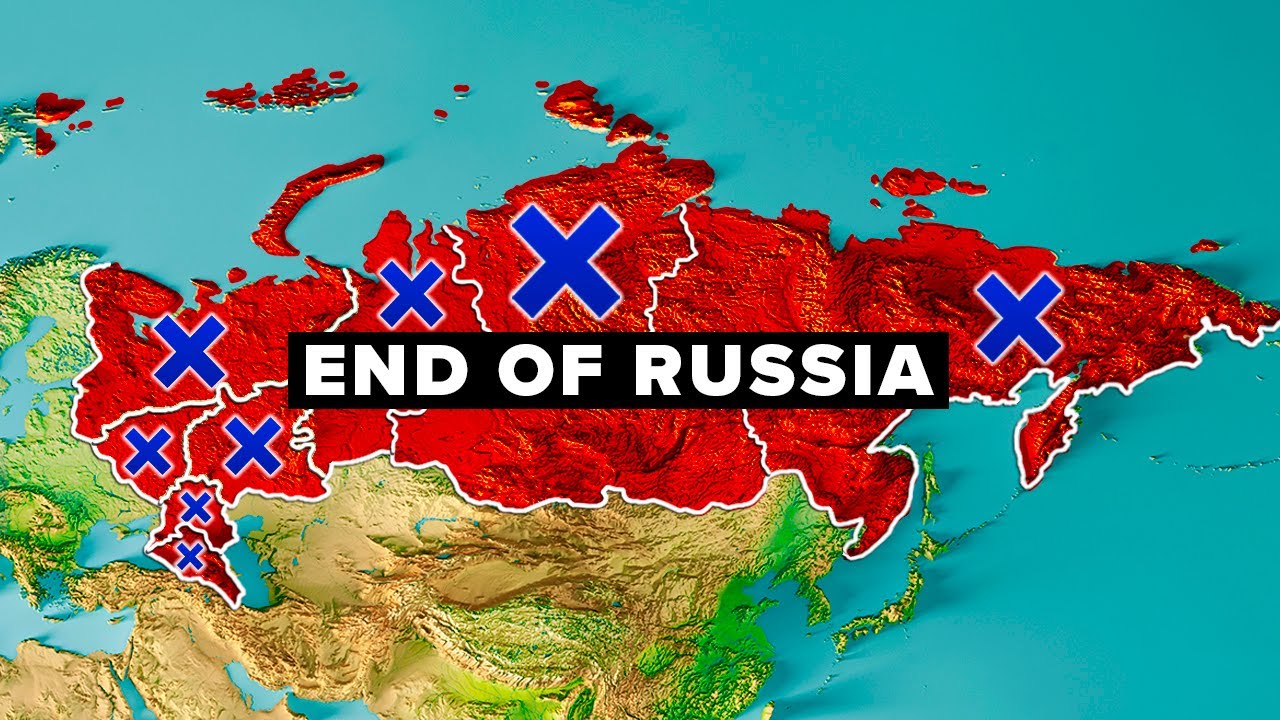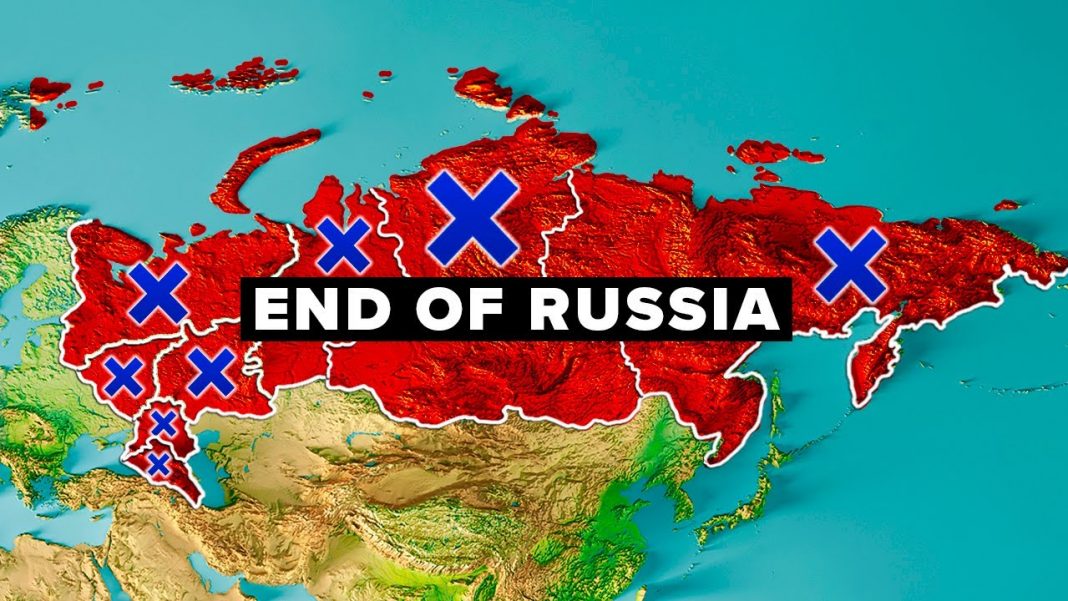
Tuesday, August 29, 2023 – 07:13 (EEST) Section: Analysis & Opinion, International, Latest news
Challenges in assessing contemporary Russia
A year and a half after the start of the full-scale military aggression against Ukraine, the Russian Federation maintains external stability. Moscow seems to have adapted to the sanctions, found ways around them, and established regular arms production. The brief rebellion by Prigozhin shook the foundations of Putin’s regime for a day, but the Kremlin quickly recovered from the momentary shock and began tightening the screws.
Currently, there are no visible signs of social discontent within Russian territory. The loss of a considerable number of Russians in the expansionist war against Ukraine did not lead to popular uprisings, as some Western and Ukrainian speakers optimistically predicted. The political opposition is also nonexistent. And Putin is preparing for new formal elections that are meant to once again extend the term of his authoritarian rule over the empire. However, beneath the facade of stability and unwavering control lies vulnerability. The force that holds together such a vast unnatural construction as the Russian Federation can collapse at any moment, and then stopping the processes of disintegration will become impossible.
See also: The scam of the millennium. How Muscovites became Russians
The major challenge in assessing Russia lies in the attempt to understand this authoritarian state and its processes through a Western retrospective lens. Consequently, foreign policies and experts continue to apply rules and patterns to Russia that work in the free world but are entirely unsuitable for the world of dictatorships. As a result, some genuinely believed that Western sanctions and the economic hardships they caused would serve as powerful tools of influence on Russian society. They thought these pressures would force the society to push back against its government. According to economic theory, combined with substantial losses on the frontlines and public outrage over the aggressive war, this should have led to a revolutionary situation and the downfall of Putin’s regime. However, this did not materialize, due to entirely objective reasons.
Vulnerability of authoritarian empires
A revolution in the classical sense is impossible in a state of Russia’s type. The history of Russia essentially lacks examples of successful social revolutions, but it does have instances of successful coups and putsches. Therefore, there haven’t been and won’t be any massive protests, rallies, or nationwide strikes with political demands for Putin’s resignation. There won’t be a classical escalation of social tension, a political struggle of the people for their rights, or resistance against an unjust aggressive war, as is characteristic in Western countries. What can indeed take place in an authoritarian dictatorship is a coup d’état, a spontaneous and sudden uprising of enraged masses or conspiracies, most likely involving armed forces or private armed groups. The problem lies in the fact that such events are often difficult to predict. They are a kind of “black swan” events that frequently occur unexpectedly and radically alter the course of history.
Authoritarian empires are always self-assured and don’t believe in their swift political demise. They dream of new territorial conquests and military victories, often failing to recognize their own internal incapabilities and weaknesses. When the Russian Empire entered the First World War in August 1914, it did so with enthusiasm. The Russian authorities envisioned annexing new lands in Western Ukraine and parts of Poland, which were then under the German Empire’s control. Emperor Nicholas II also held hopes of gaining control over the Bosporus and Dardanelles straits and having Russian armies march into Istanbul. The victorious war was planned to last no more than six months. However, all the autocrat’s dreams met with failure.
On the eve of the First World War, the Russian Empire appeared strong and powerful externally. By nominal GDP, it even ranked among the top five leading countries in the world and held significant positions in the production of various agricultural crops. Its vast territory, sizable population of around 178 million people, and an army of 1.5 million soldiers, which increased to over 5 million after mobilization, all portrayed the external facade of a strong and relatively stable state. Yet, within just 2.5 years, the Russian Empire ceased to exist. It entered a period of social turbulence, chaos, and a brutal civil war.
See also: Radosław Sikorski: We need to convince Putin that he cannot win this war
In reality, at the beginning of the 20th century, the Russian Empire had many weaknesses and numerous national contradictions. In terms of income per capita, it was the poorest country in Europe, except for Portugal. The economic development of the empire was highly uneven. The state apparatus was largely inefficient and corrupt. The grand war into which the Russian Empire entered so casually and confidently quickly revealed its internal incapability and frailty. The external facade of strength and assurance turned out to be deceptive, counterfeit, and fragile.
By the end of 1914, it became evident that the war was dragging on. The Russian front’s offensive shifted to a German-Austrian counteroffensive in 1915. Russia lost not only the territories of Galicia captured the previous year but also a number of lands that were part of its domain before the war, including Poland, Lithuania, and parts of Volyn. The Brusilov offensive in 1916 did not help the Russian Empire achieve a strategic victory on the front or reclaim many territories. In January 1917, Emperor Nicholas II approved a new ambitious plan for a Russian offensive. The plan aimed to strike in the direction of Lviv and Romanian Dobruja. Only a month and a half remained until the fall of the Russian Empire.
The Russian emperor was living his life and making plans for the new year of military campaigns, not suspecting that his days of rule were coming to an end. At the beginning of 1917, nothing seemed to foreshadow the collapse of autocracy in Russia. However, the war necessitated an overwhelming mobilization of human resources for the empire. Russia was forced to mobilize up to 15 million people, which caused significant issues in agriculture and industry. The shortage of labor was catastrophic. Due to the immense war expenses, the Russian Imperial government resorted to mass printing of rubles, resulting in a huge leap in inflation. By the spring of 1917, the circulation of paper money had increased by 600%. Prices within the empire rose by 400%. Even though there were sufficient grain reserves in the empire, there were no means to transport them to the large urban centers. Plans for grain collection for the army went unfulfilled. Cities began implementing a rationing system and resorted to makeshift measures. Paradoxically, the empire, which had been among the world’s leaders in grain production before the war, was ultimately brought down by food riots that began in its capital, Petrograd, at the end of February 1917. Local military garrisons quickly joined the ranks of protesters. The central authority fell as a result of the mutinous soldiers of its own army, the very support and defense of which it had hoped for. The extensive and intricate state apparatus that had served the autocratic emperor quickly recognized the new authority and new reality. The empire, which had existed for nearly 200 years, vanished within a matter of days.
The life of an authoritarian empire like contemporary Russia can be lengthy and enduring. Externally, it might even appear formidable and powerful. However, the fatal end of such formations often occurs suddenly and unexpectedly. It can be so swift that even the world’s leading intelligence agencies will be caught off guard. If the present-day Russian Federation under Putin’s leadership is destined to cease its existence, it is highly likely to happen suddenly and swiftly. According to a scenario typical for Russian history.
Originally posted by Petro Herasymenko on Zaxid.net. Translated and edited by the UaPosition – Ukrainian news and analytics website







